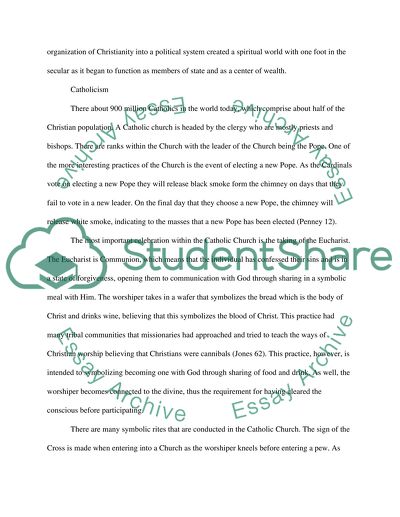Cite this document
(“Christianity Compared to Muslim Traditions Research Paper”, n.d.)
Retrieved from https://studentshare.org/religion-and-theology/1403851-christianity-compared-to-muslim-traditions
Retrieved from https://studentshare.org/religion-and-theology/1403851-christianity-compared-to-muslim-traditions
(Christianity Compared to Muslim Traditions Research Paper)
https://studentshare.org/religion-and-theology/1403851-christianity-compared-to-muslim-traditions.
https://studentshare.org/religion-and-theology/1403851-christianity-compared-to-muslim-traditions.
“Christianity Compared to Muslim Traditions Research Paper”, n.d. https://studentshare.org/religion-and-theology/1403851-christianity-compared-to-muslim-traditions.


